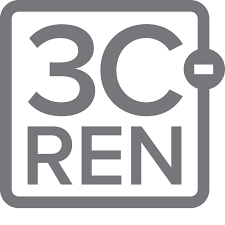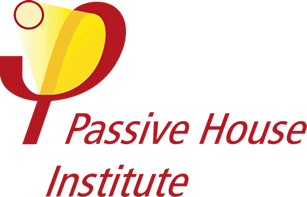
“Evidence-based Performance” A Webinar for Building Industry Professionals
“The greatest trend we see today in constructing or renovating sustainable buildings is the movement toward evidence-based performance.”
Presentation Overview
It is time to move beyond wanting to do the right thing to having the tools to ensure success in creating advanced buildings. The building industry’s fundamentals have not changed: Reach the finish line on time, on budget, and with no surprises — then manage in order to maximize revenue/profit, minimize operational expenses, and maintain or enhance a positive reputation. These remain as the key elements of ROI. Today however, we have additional priorities related to the comfort and health of occupants, extreme energy efficiency, embodied and operational carbon, environmental responsibility, social equity, and more recently hygienic ventilation, and resistance to wildfires. These factors are increasingly important and provide owners, developers and other industry professionals with significant opportunities.
This presentation is focused on the integration of building science and data science to design, construct, and operate the highest performing buildings at the lowest responsible investment. Presenters will explore the concept of “evidence-based performance” and the steps that an experienced team can follow in order to have confidence, based on data, that a project can achieve desired goals without requiring a premium in construction costs.
Over the past several decades, our industry has tried nobly to improve the performance of buildings, from energy conservation to improved indoor environmental qualities. The industry has many well-established programs that guide decision-makers on how to design and build higher performing buildings, but until recently we have not had the digital infrastructure to incorporate dynamic modeling and iterative simulations in order to know, before construction, if a building was designed properly to perform at the expected levels during operations. Over the last 40 years our industry has invested billions of dollars on sustainability, “hoping” we were making the right choices but without the ability to accurately predict and achieve specific levels of measured performance.
Presenters will provide examples of “Owner’s Project Requirements” (OPRs) that address Sustainability Goals, Measurement and Verification, Community, Energy, Indoor Air Quality, Quality of the Indoor Environment, Operations and Maintenance, Waste, Water, and Transportation. Measurable goals can be set for the myriad factors in the above categories and can be connected to elements of Passive House, LEED, WELL Building, Living Future, Fitwel, RESET Air, ZNE, Green Globes, and other environmental rating systems.
The building industry needs to find and embrace practical ways to deliver on the UN’s Sustainable Development Goals for the built environment. Attending this workshop will better equip attendees to make informed decisions about how they choose to support the industry’s progress toward those goals. It is important, it is possible, and it is time.
Learning Objectives (AIA LUs Pending)
- Participants will be given the tools to set performance-based goals and align project team members to delivering those goals in operations.
- Participants will be introduced to a framework of actionable steps to deliver Sustainable Development on any project in a manner that ensures a number of social equity goals are achieved including the reduction of fuel poverty and equitable indoor air quality (IAQ) at no premium to the cost of construction.
- Participants will learn how to navigate sustainability programs to select the proper performance goals to meet a project’s aspirations.
- Participants will learn how to leverage building performance data to prove owners achieved the performance in operations that they were expecting post design.
- Participants will learn the critical steps necessary from early conceptual design through commissioning to have confidence in the achievement of aspirational goals like Passive House certification, Zero Energy, RESET Air, etc.
























